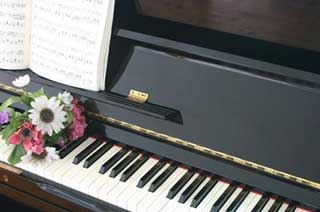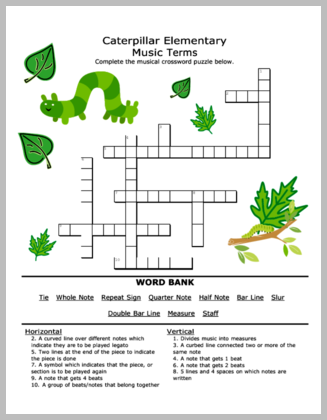How to Find the Right Teacher
Many Aspects Should be Considered When Looking for a Good Teacher!
Interviewing prospective teachers is the best way to find the teacher who is right for you and your child.
Do You Know What You're Looking For in a Teacher?
To ensure the best possible outcome for yourself or your child it is important to choose the right teacher from the very beginning. Keep your options wide open by finding a teacher who can meet many different needs and levels of instruction. And, interview several teachers so you can compare what they offer!
Please Look Below for Ideas to Help You Find the Right Teacher.

“ There is music in every child. The teacher's job is to find it and nurture it.” — Frances Clark
Questions to Consider When Looking For a Piano Teacher
Experience and Education
- What is their education as related to teaching piano?
- A “neighbor” teacher (someone with little or no formal training, but who can play the piano)
- Certification, such as MTNA
- Some college education
- College Degree. If so, what was the emphasis?
- Performance
- Pedagogy
- Theory/Composition
- History
- Liberal Arts (general music degree)
- Was their major instrument the piano?
Opportunities
- Does he/she allow the student to choose their music sometimes?
- Does he/she provide or require participation in recitals, festivals, competitions, etc?
- If so, what does he/she do to help a shy child learn to be comfortable performing in public or judged situations?
- Does he/she offer games, incentives, rewards and/or other engaging opportunities in their lessons?
Teaching Methods and Styles
- For beginners what piano method does he/she use? (such as Faber/Faber, Music Tree, Bastien, etc)
- Does he/she teach any or all of the following:
- Music theory
- Composition skills
- Music history
- Sight reading
- Ear training
- Accompanying
- Improvisation
- Duets/ensemble (can be piano duets or with other instruments)
- What styles of music does he/she teach?
- Classical
- Jazz
- Modern
- Contemporary
Policies
- What is the lesson fee?
- What is the make-up policy?
- How does he/she feel about parent participation?
Reminder: It is always appropriate to ask teachers to play something for you so that you can hear if you are in synch with their style of performance.
